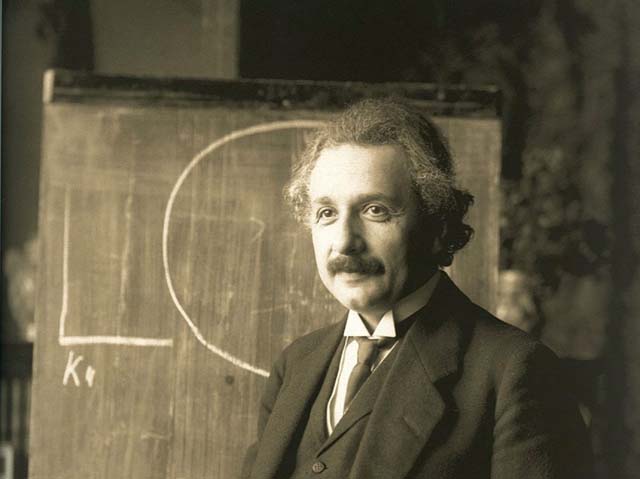| 您现在的位置: |
爱因斯坦对未来宗教的预言(图)
 |
“未来的宗教,将是宇宙的宗教(也就是被全人类和整个宇宙所接受,或称其为全人类共同的信仰,而非仅限于某个宗教或法门本身)。它应该超越个人化的神(换句话说,应该超越个人迷信和偶像崇拜),避免教条和神学(也就是避免教条主义和对神的偶像化、抽象化的理解,此符合佛陀早在千年以前所说的四依止,即“依法不依人,依义不依语,依智不依识,依了义经不依不了义经”的教义),涵盖自然和精神两个方面。它的根基,应建立在某种宗教意识之上(也就是说,应该超越宗教本身)。这种宗教意识的来源,是在把所有自然的和精神的事物,作为一个有意义的整体来经历时得到的体验(也就是说,不仅能够经得起论证和推敲,而且能够实践,并获得效果。这也是西方评判各种理论习惯采用的四个标准:即真理性、科学性、哲理性、实践性)。”——爱因斯坦。![]()
注:青绿色字体为东方阳熹的注释。
![]()
注:另外一个译本,详见:《政要和社会精英对佛教的认识和理解》
未来的宗教将是一种宇宙宗教。它将是一种超越人格化神,远离一切教条和神学的宗教。这种宗教,包容自然和精神两个方面,作为一个有意义的统一体,必定是建立在由对事物的——无论是精神,还是自然的——实践与体验而产生的宗教观念之上的。佛教符合这种特征。![]()
——爱因斯坦
(出自1954年普林斯顿大学出版社出版的《Albert Einstein: The Human Side》一书。)
英文如下:
The religion of the future will be a cosmic religion. "Buddhism has the characteristics of what would be expected in a cosmic religion for the future: it transcends a personal God, avoids dogmas and theology; it covers both the natural & spiritual, and it is based on a religious sense aspiring from the experience of all things, natural and spiritual, as a meaningful unity. Buddhism answers this description. If there is any religion that would cope with modern scientific needs,it would be Buddhism."![]()
- Albert Einstein
[1954, from Albert Einstein:The Human Side, edited by Helen Dukas and Banesh Hoffman, Princeton University Press]
上传日期:2020.2.6
Copyright © 2001-, All Rights Reserved. www.daode.info |